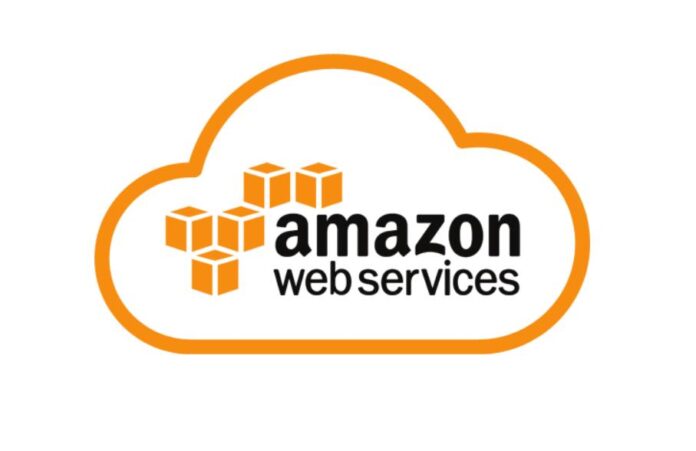Even though cloud computing has taken off recently and Amazon Web Services (AWS) has managed to carve out the lion’s share of the market, it remains somewhat of a mystery to many people, including senior management. As a result, many myths are spreading confusion across the organization, including the corner office. A few of the most common AWS myths clarified:
AWS Is an Attempt to Make Use of Surplus Cloud Computing Capacity by Amazon
Many think AWS came into being simply to use the surplus infrastructure that Amazon set up for its retail services. While it is true that Amazon has indeed created massive cloud infrastructure, Amazon Web Services is an outcome of a deliberate strategy to build a cloud service to cater to industry requirements right from scratch. It has been such a success because it has had the benefit of Amazon’s learning curve. AWS generated revenues of 45.37 billion U.S. dollars in 2020, according to Statista. It cannot happen due to infrastructure optimization.
Check out: Amazon S3 – AWS Interview: Questions And Answers
Moving To the Cloud Is Expensive
The AWS plan you use will depend on your requirements, and while the cost may be surprising, you should consider factoring in all the charges you would have to incur if you did not move to the cloud. It includes the setup cost for on-premises infrastructure, the cost of maintaining the infrastructure even if you are not operating at total capacity, and the opportunity cost of not being able to traffic surges. According to an experienced AWS certified solutions architect, you pay only for what you need when you are using AWS. You can scale it up depending on business growth and capacity requirement. If you compare the two scenarios, you will appreciate that you will be saving a lot of money by using AWS.
The Cloud Is Only Good For Data Storage
There are plenty of service providers who deliver data storage solutions on the cloud. However, AWS encompasses much more. It is an IaaS (Infrastructure as a Service) cloud system that has many uses like website hosting, storing and analyzing big data, setting up and organizing research, and storing data.
Less Control over Data
Many people think that they will have less control over their data by moving to the cloud, and there’s nothing they can do about it. However, cloud services in general, and AWS in particular, do not work like this. You retain complete control over your data and monitor it in real-time across various parameters like the identity of the person who launched an instance and from which location, and the duration of the model. You can also find out which applications are running and which data is being accessed.
Conclusion
In addition to the above, quite a few other misconceptions are surrounding AWS. However, one should appreciate that the AWS system and infrastructure are highly evolved and robust. Apart from being scalable, it is also highly secure, and you remain in complete control over your data. It is perfect for both large and small organizations that want a streamlined IT operation without the administrative hassles.
Check out: How to Prepare Yourself for AWS Certification Exam

